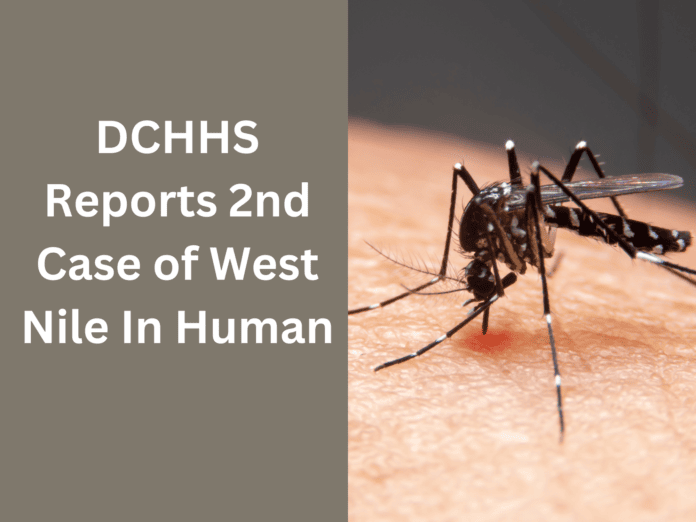DALLAS (July 21, 2023) – Dallas County Health and Human Services (DCHHS) reports the second human case of West Nile Virus (WNV) infection in Dallas County for 2023. The patient is a female resident of the 75231 zip code in the City of Dallas and was diagnosed with West Nile Neuroinvasive Disease (WNND.) Due to privacy and confidentiality reasons, DCHHS does not disclose additional information about the patient.
“Mosquito activity continues in Dallas County, and we are now reporting the second human case of West Nile Virus of the 2023 season. WNV is transmitted to humans by the bite of an infected mosquito, and people should be careful when going out outside to enjoy outdoor activities,” said Dr. Philip Huang, DCHHS Director. “Please follow the 4 Ds to do everything you can to avoid mosquito bites.”
The following plants help repel mosquitoes:
- Citronella
- Lavender
- Lemon Balm
- Marigold
- Basil
- Pennyroyal
- Peppermint
- Scented Geraniums
- Rosemary
- Lemongrass
- Monarda
- Ageratum
•DEET: Whenever you’re outside, use insect repellents that contain DEET or other EPA-approved repellents and follow instructions.
• DRESS: Wear long, loose, and light-colored clothing when outdoors.
• DRAIN: Drain or treat all standing water in and around your home or workplace where mosquitoes could lay eggs.
• DAWN to DUSK: Limit your time outdoors during these times when mosquitos are most active.
WNV is a disease that is spread by the bite of an infected mosquito. Mosquitoes can become infected when they feed on the blood of infected birds. The infected mosquitoes can then transmit WNV to humans and animals. Severe WNV infections can cause neurologic complications such as encephalitis. Milder symptoms include fever, headache, and muscle aches. There is no vaccine or specific treatment for WNV. For more information, visit our website: https://www.dallascounty.org/















